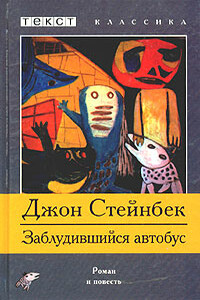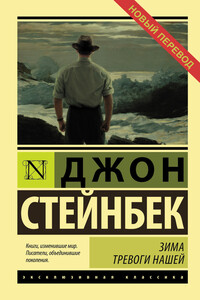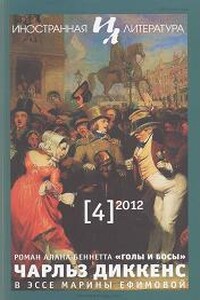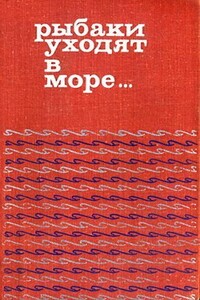A second convention was that we had no cruel or
ambitious or ignorant commanders. If the disorganized insanity we were a part
of came a cropper, it was not only foreseen but a part of a grander strategy
out of which victory would emerge.
A third sternly held rule was that five million
perfectly normal, young, energetic, and concupiscent men and boys had for the
period of the War Effort put aside their habitual preoccupation with girls.
The fact that they carried pictures of nude girls, called pin-ups, did not
occur to anyone as a paradox. The convention was the law. When Army Supply
ordered X millions of rubber contraceptive and disease-preventing items, it had
to be explained that they were used to keep moisture out of machine-gun barrels—and
perhaps they did.
Since our Army and Navy, like all armies and
navies, were composed of the good, the bad, the beautiful, the ugly, the cruel,
the gentle, the brutal, the kindly, the strong, and the weak, this convention
of general nobility might seem to have been a little hard to maintain, but it
was not. We were all a part of the War Effort. We went along with it, and not
only that, we abetted it. Gradually it became a part of all of us that the
truth about anything was automatically secret and that to trifle with it was to
interfere with the War Effort. By this I don’t mean that the correspondents
were liars. They were not. In the pieces in this book everything set down
happened. It is in the things not mentioned that the untruth lies.
When General Patton slapped a sick soldier in a
hospital and when our Navy at Gela shot down fifty-nine of our own troop
carriers, General Eisenhower personally asked the war correspondents not to
send the stories because they would be bad for morale at home. And the
correspondents did not file the stories. Of course the War Department leaked to
a local newsman and the stories got printed anyway, but no one in the field
contributed to that bit of treason to the War Effort.
Meanwhile strange conventional stories were
born and duly reported. One of the oddest concerned the colonel or general in
the Air Force whose duty required that he stay in reluctant comfort on the
ground and who ate his heart out to be with his “boys” out on mission over Germany
among the red flak. It was hard, stern duty that kept him grounded, and much
harder than flying missions. I don’t know where this one started, but it
doesn’t sound as though it came from enlisted personnel. I never met a bomber
crew which wouldn’t have taken on this sterner duty at the drop of a hat. They
may have been a little wild, but they weren’t that crazy.
Reading over these old reports, I see that
again and again sentences were removed by censor. I have no idea what it was
that was removed. Correspondents had no quarrel with censors. They had a tough
job. They didn’t know what might be brought up against them. No one could
discipline them for eliminating, and so in self-preservation they eliminated
pretty deeply. Navy censors were particularly sensitive to names of places,
whether they had any military importance or not. It was the safest way. Once
when I felt a little bruised by censorship I sent through Herodotus’s account
of the battle of Salamis fought between the Greeks and Persians in 480 B.C.,
and since there were place names involved, albeit classical ones, the Navy
censors killed the whole story.
We really tried to observe the censorship
rules, even knowing that a lot of them were nonsense, but it was very hard to
know what the rules were. They had a way of changing with the commanding
officer. Just when you thought you knew what you could send, the command
changed and you couldn’t send that at all.
The correspondents were a curious, crazy, and
yet responsible crew. Armies by their nature, size, complication, and command
are bound to make mistakes, mistakes which can be explained or transmuted in
official reports. It follows that military commanders are a little nervous
about reporters. They are restive about people breathing down their necks,
particularly experts. And it was true that many of the professional war
correspondents had seen more wars and more kinds of wars than anybody in the
Army or Navy. Capa, for example, had been through the Spanish War, the
Ethiopian War, the Pacific War. Clark Lee had been at Corregidor and before
that in Japan. If the regular Army and Navy didn’t much like the war
correspondents there was nothing they could do about it, because these men were
the liaison with the public. Furthermore many of them had become very well
known and had enormous followings. They were syndicated from one end of the
nation to the other. Many of them had established their methods and their
styles. A few had become prima donnas, but not many. Ernie Pyle was so popular
and so depended on by readers at home that in importance he much outranked most
general officers.





